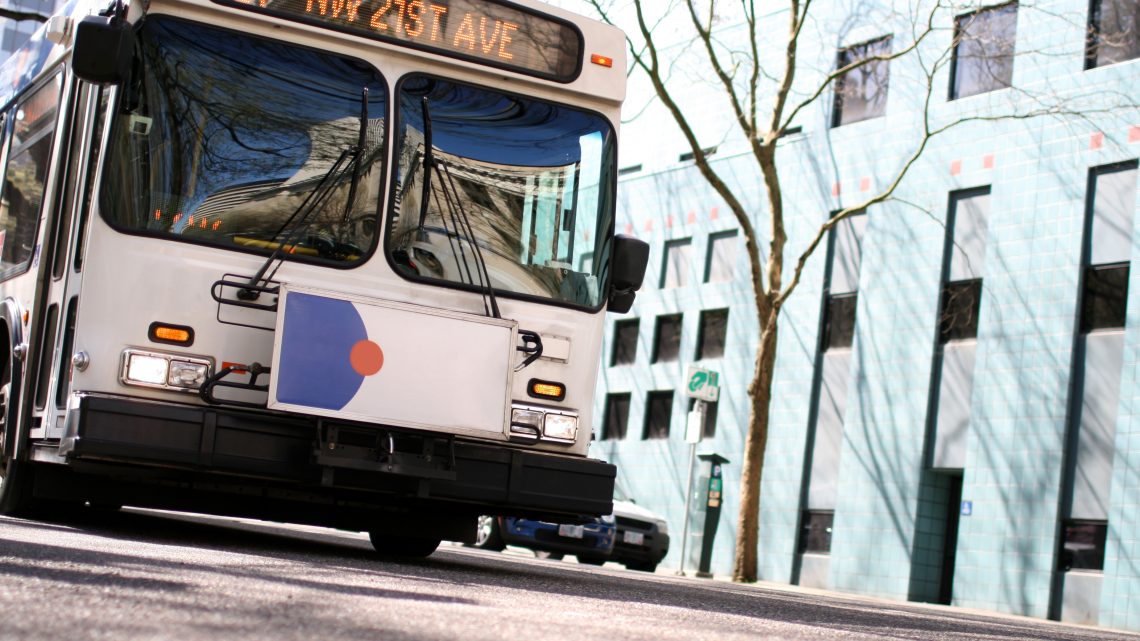Imagine you’re sitting in your usual spot on the bus, maybe reading a book or checking your emails, when suddenly there’s a loud screech. The bus jerks suddenly, throwing you from your seat. You’re disoriented and shaken as you look around at the chaos. This isn’t how your morning commute usually goes. If you’ve just been in a bus accident, here’s what you should know about your rights as a passenger.
Why This Matters to You
Bus accidents are more common than we might realize. The Federal Motor Carrier Safety Administration reports that in 2021, over 119,000 people were injured in bus and truck accidents. While many bus accidents are minor, some can lead to serious injuries and big financial problems. Knowing your rights after an accident can help you get the medical help you need and the compensation you should get.
Understanding Common Causes of Bus Accidents
Understanding some common reasons for bus accidents can give you an idea of what might have happened:
- Distracted Driver: Bus drivers are people too, and like anyone else on the road, they can get distracted. Texting, eating, or talking to passengers can take their focus away from driving, making accidents more likely.
- Mechanical Problems: Sometimes, a small issue with the bus can turn into a big safety problem. Things like bad brakes, worn-out tires, or problems with the steering can all lead to accidents.
- Road Conditions and Weather: Bumpy roads, potholes, and bad weather like rain, snow, or fog can make it hard for a driver to control the bus safely.
Steps to Take After a Bus Accident
In the immediate aftermath of a bus accident, it’s important to take these steps to protect your rights:
- Check Yourself: Getting medical help is the first priority. Even if you don’t feel hurt right away, adrenaline can mask injuries. Seeing a doctor not only documents any injuries but also links them to the accident.
- Gather Information: While everything’s fresh in your mind, write down the names and contact info of witnesses, the bus driver, and anyone else involved. This info will be crucial if you need to make a claim.
- Report the Accident: If you can, tell the bus driver and authorities about the accident. The driver will likely have a process for reporting, but it’s also important to file a police report to have an official record.
- Document Everything: Use your smartphone camera to take pictures of the accident scene, damage to the bus and other vehicles, and any visible injuries you have.
- Keep Track of Expenses: Save receipts for all accident-related costs like medical bills, ambulance fees, medications, transportation costs due to injuries (like taxis or rideshares), and any lost wages from missing work. Having documentation strengthens your case.
What Can You Get Reimbursed For?
Bus accidents can have a significant financial impact, but a successful claim can help recover compensation for various losses. Firstly, medical expenses can quickly add up after an accident, covering costs such as doctor visits, x-rays, medications, and long-term care if needed. Secondly, if injuries prevent you from working, a claim can reimburse lost wages, including regular income and potential overtime or bonus pay. Thirdly, the emotional and physical toll of a bus accident, including pain, suffering, anxiety, and potential PTSD, can be compensated through a claim. Finally, if personal belongings are damaged in the accident, such as electronic devices or eyeglasses, a claim can help cover repair or replacement costs.
Knowing When You Need a Lawyer as a Passenger
While it might seem tempting to handle the legal aspects of a bus accident claim on your own, there are situations where getting legal assistance is essential:
- Serious Injuries: If you’ve been seriously injured and need extensive medical care or if your injuries will have a long-term impact on your life, having a lawyer is crucial. An experienced personal injury attorney can fight for the maximum compensation to cover your medical needs and future lost earnings.
- Unclear Fault or Shared Responsibility: Determining who’s at fault in a bus accident can be complicated. If it’s not clear what caused the accident or if multiple parties might share blame (like the bus driver and another driver), a lawyer can investigate, gather evidence, and build a strong case for you.
- Challenges with Bus Company or Insurance: Dealing with bus companies and insurance providers can be tough. They might try to deny your claim, offer a low settlement, or make things overly complicated. A lawyer can handle communication with them, ensuring your rights are protected and that you get a fair settlement.
Riding the bus should be safe and easy. But if you’re ever in a bus accident, knowing your rights is important. You don’t have to go through it alone. By following these steps and getting legal help when needed, you can make sure you get the medical care and compensation you deserve to move forward.




No Comment